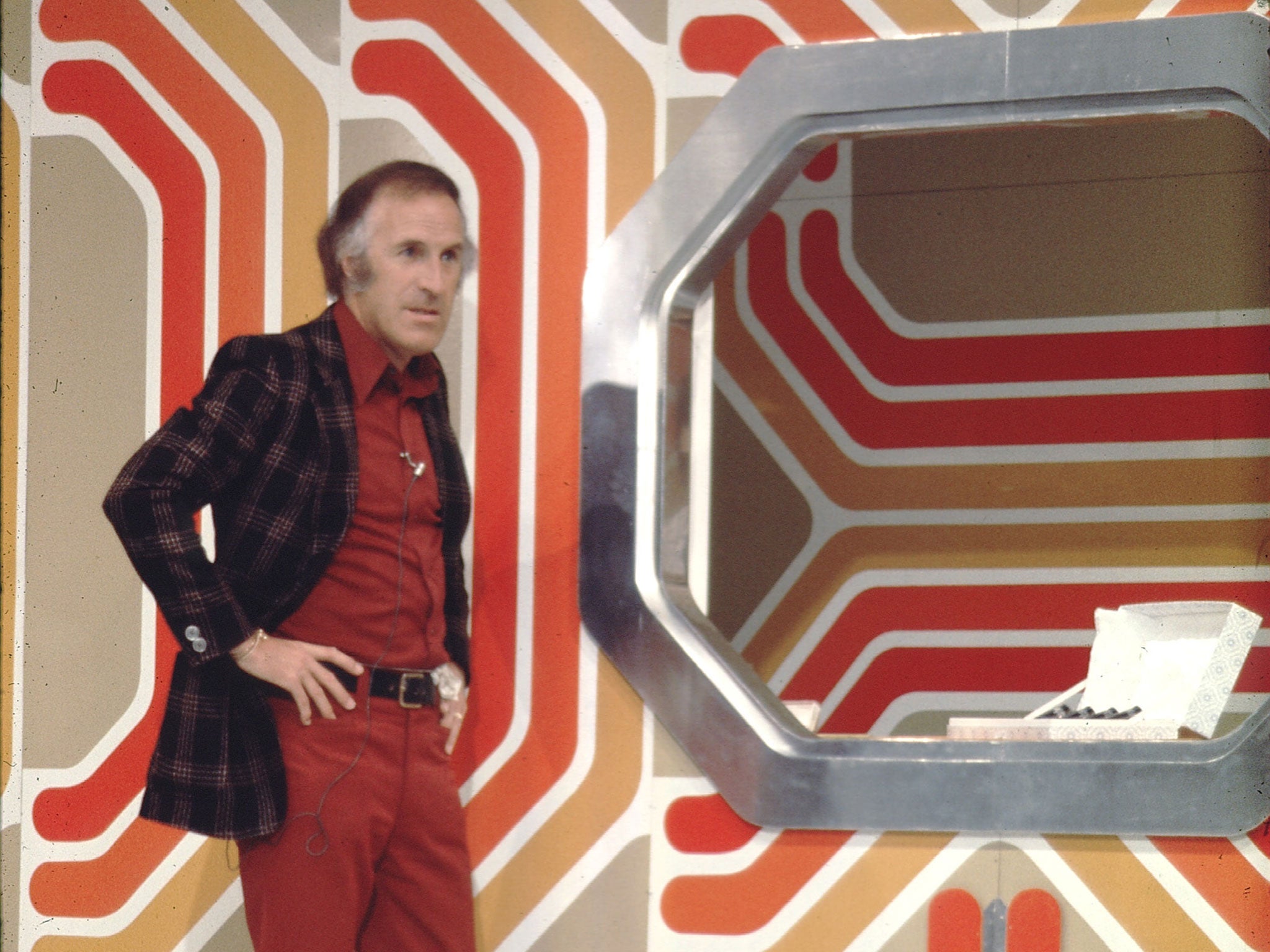Your support helps us to tell the story
From reproductive rights to climate change to Big Tech, The Independent is on the ground when the story is developing. Whether it's investigating the financials of Elon Musk's pro-Trump PAC or producing our latest documentary, 'The A Word', which shines a light on the American women fighting for reproductive rights, we know how important it is to parse out the facts from the messaging.
At such a critical moment in US history, we need reporters on the ground. Your donation allows us to keep sending journalists to speak to both sides of the story.
The Independent is trusted by Americans across the entire political spectrum. And unlike many other quality news outlets, we choose not to lock Americans out of our reporting and analysis with paywalls. We believe quality journalism should be available to everyone, paid for by those who can afford it.
Your support makes all the difference.It's been a while since we looked back at the world of Seventies and Eighties light entertainment. One forgets why. Anyway, to remedy that, last night BBC4 devoted 90 minutes to the battle for Saturday night TV ratings since the birth of ITV. So far, so esoteric (this is BBC4, after all).
But while the idea of Michael Grade, erstwhile boss of LWT, BBC1, Channel 4 and ITV – the ultimate TV insider's TV insider – chatting to his old chums about the glory days has more than a hint of the solipsistic about it, this was actually simple, effective programme-making.
The problem, often, with documentaries about the television industry is that they're placed in the context of wider social change: "As we moved into a world embracing the free market, so we got Terry Wogan's Blankety Blank yada yada yada..."
But The Fight for Saturday Night didn't do that. For the most part it was simply Grade sitting in a well-lit warehouse attic (it looked a bit like the one from Dragon's Den given a bit of a sweep) talking to the producers, commissioners and stars of Saturday night, from Bruce Forsyth on The Generation Game right through to Bruce Forsyth on Strictly Come Dancing.
It was, Grade told us, Brucie who ignited the Saturday night wars – first by fronting a British version of an obscurish Dutch hit called One Out of Eight, which, trimmed from three hours(!) to 50 minutes, became the mega-hit The Generation Game; then by getting poached by LWT for the ill-fated Bruce Forsyth's Big Night. That poaching set in motion a series of battles between the two broadcasters for talent and Saturday-night dominance. It was a battle which took in Ant & Dec, football rights (the one rule of TV is that football highlights must remain on the Beeb) and various other golden handcuffees.
Though one man who didn't defect was interviewee Noel Edmonds. It was he who held BBC1's Saturday night together in the Eighties and Nineties with The Late Late Breakfast Show and Noel's House Party until things went a bit Knowing Me, Knowing Yule. I particularly enjoyed then-BBC executive Paul Jackson's euphemistic description of the BBC's feelings towards Edmonds before they axed him: "We were disenchanted with his disenchantment." That's one way of putting it. Good, too, to see how Noel bowed out gracefully once House Party was axed in 1999 – i.e., by going full Partridge with a comedy axe sticking in his head. Strange days indeed.
Fun to learn, too, that Cilla's prime-time career stemmed not from her singing fame, but from a particularly lively Wogan interview when she was widely viewed as being washed up. And was it also a known-known that Simons Cowell and Fuller took a back-of-an-envelope pitch for Pop Idol to BBC1 controller Lorraine Heggessey, only for her to pass as Fame Academy was in the works?
Grade concluded his interviews with the modern revival of the battle for Saturday supremacy between Strictly and The X Factor. This included an excellent anecdote from Forsyth about being stopped by Cowell's mother in Selfridges. But the elephant in the room – or well-lit warehouse space – was what comes next.
The Cowell/Strictly axis has been sparring since 2004, with little sign of an original hit on the horizon. It's fairly safe to say that even in an era of stratified viewing, there's still a mass Saturday-night audience. Even this year's X Factor final – at a 10-year low – had nine million-odd viewers (almost the population of Sweden). Time then, one would hope, for a new hit.

Join our commenting forum
Join thought-provoking conversations, follow other Independent readers and see their replies
Comments